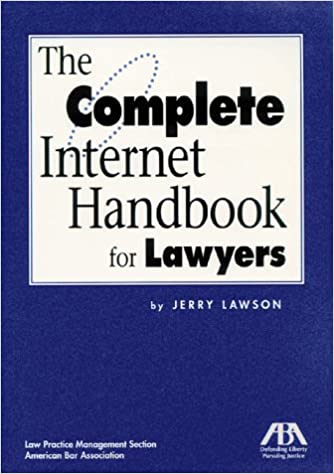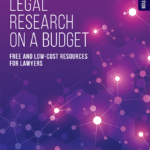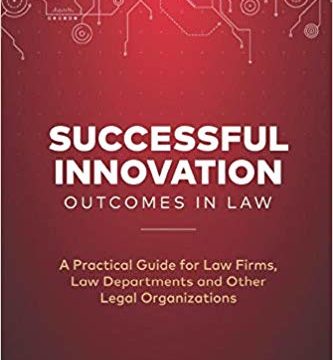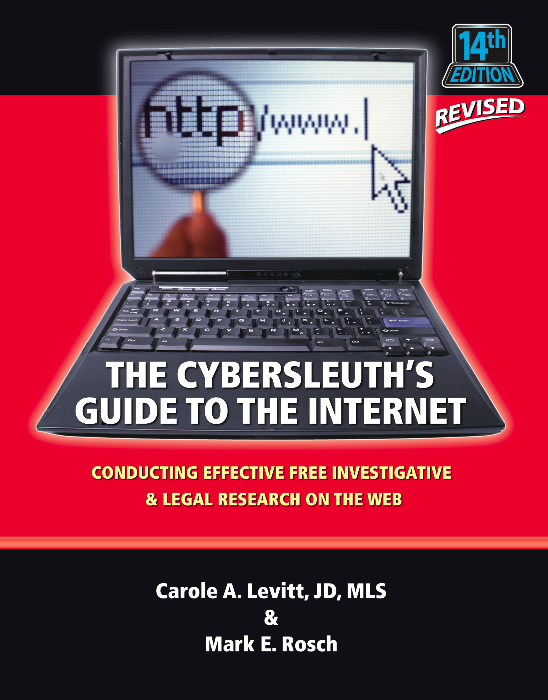Mike Ravnitsky has some great advice on a useful topic: Finding Email Addresses.
Category: Productivity Tips
Outsourcing to India

My 1999 book, The Complete Internet Handbook for Lawyers, contained many predictions. I missed on a few, but was right on target for many. I am proud of one prediction in particular:
Legal work, including work normally performed by lawyers, will be outsourced to countries like India.
Outsourcing to India for non-legal work is not particularly controversial. For example, Galaxy Web Links (Twitter contact Erica Sadler) has developed many lawyer websites. They have a U.S. office, but most of the work is performed in India. More about Galaxy Web Links later.
On the other hand, my prediction about outsourcing legal work was quite controversial. It provoked widespread skepticism at the time, even ridicule, but it has been well vindicated.

Legal tech guru Ron Friedmann noted that by 2005 (6 years after my prediction), U.S law firms and law departments were indeed outsourcing legal work to India. Friedmann maintains an extensive list of law firms outsourcing work to India at his Strategic Legal Technology blog. This includes the following types of work:
- Document drafting by lawyers
- Legal research
- IP legal work, substantive or administrative
- Review of discovery documents
- Paralegal services
- Administrative and secretarial support services, excluding digital dictation
We’ll be discussing the implications of this trend in future posts.
Levitt & Davis Legal Research Book
Attorney at Work has my review of the Carol Levitt & Judy Davis book Internet Legal Research on a Budget: Free and Low-Cost Resources for Lawyers.
This book will make many lawyers think about “cutting the cord” from the major online legal research services, and will be a great starting point for those who try it. Check it out.
Personal Note: The high quality of this book was no surprise to me. I’ve known and respected Carole for over two decades (her Internet for Lawyers website was the Netlawtools “MVP” way back in January 2000). I’m looking forward to meeting Judy.
Online Legal Research Without Spending a Dime
This Law Practice Today article summarizes several key ideas from the new second edition of the related Levitt/Davis book How to Perform Online Legal Research Without Spending a Dime | ABA Law Practice Today
Good article, but it’s no substitute for getting the book. It’s currently available from the ABA.
My detailed review will be available soon.
Seth Grodin: Selling Results
Good insight here from Seth Grodin for lawyers willing to try something different:
“We don’t pay surgeons by the hour. […] When you sell your time, you’re giving away your ability to be a thoughtful, productivity-improving professional. Sell results.”
H/T to Mary Ellen Bates.
New Dennis Kennedy Book: Successful Innovation Outcomes In Law
Since having the pleasure of working with Dennis Kennedy for three years on The Internet Roundtable, an LLRX.com column about lawyer marketing on the Internet I’m not surprised at the quality of his new book, Successful Innovation Outcomes in Law: A Practical Guide for Law Firms, Law Departments and Other Legal Organizations. It’s now available from Amazon, where it has a four star rating.
Reviews are available from Artificial Lawyer and TechLaw Crossroads. The Kennedy-Mighell podcast contains some of Kennedy’s thoughts on his magnum opus. My preliminary assessment of this important book is at Amazon and I’m working on my own detailed review.
In the meantime, I note what may be the book’s most insightful observation:
[N]othing can prepare you for the Byzantine politics of a legal organization.
Dennis has well deserved reputation as an expert on legal technology He is also a dynamic speaker, worth considering the next time you are looking for a keynoter.
Email Problems Clear, Solutions Aren’t
WaPo article How Gmail, Outlook and Yahoo Mail became a mess, and how we might fix it convincingly analyzes some of the biggest problems with email. Little new here to people like Dennis Kennedy, who have been following this issue for years.
Some new consumer products (including Hey) are trying radical new approaches to email, but none (yet) look like painless replacement, including a relatively easy way to build a personal white list, as illustrated below.

Investing some time upfront and paying for the new service might pay for itself over the long term. AI does not look like a magic solution (yet). I’ll pass for now.
Internet for Lawyers: Books and CLE
Good book. Will have a detailed review later:
Cybersleuth’s Guide to the Internet: Conducting Effective Free Investigative & Legal Research on the Web ( 14th edition Revised 2019) and several other books.
Authors Carol Levitt and Mark Rosch have operated the Internet for Lawyers website since 1999 and offer a variety of CLE programs. Their blog is available.
Nicole Black Tips on Collaboration
Very timely! LLRX is hosting Nicole Black‘s article “Securely Collaborate and Communicate Remotely: A How-To for Lawyers.” Nicole likes portals.
Glad to see her emphasize a recent change in the ABA Ethics Committee’s recent change in its approach to unencrypted emails:
[I]n the mid-1990s, bar association ethics committees across the country began to approve the use of unencrypted email when communicating with clients and for nearly two decades lawyers used email to communicate with clients since no other more secure methods were available. But most ethics opinions acknowledged that the standard established was an elastic one that could conceivably change as technology advanced and more secure options became available.
Since then, technology has improved significantly, and more secure electronic communication methods have emerged, rendering unencrypted email insufficient for certain types of client communication, as the ABA acknowledged in Formal Opinion 477 last year. In this opinion, the Ethics Committee concluded that unencrypted email may not always be sufficient for client communication.
Specifically, the Committee advised that lawyers must assess the sensitivity of information on a case-by-case basis and then choose the most appropriate and sufficiently secure method of communicating and collaborating with clients. Options offered in the opinion included encrypted email and “the use of a Virtual Private Network, or another secure internet portal.”
Zoom Security Tips
Thanks to Jim Calloway for timely tips in his post Zoom Security Tips.



